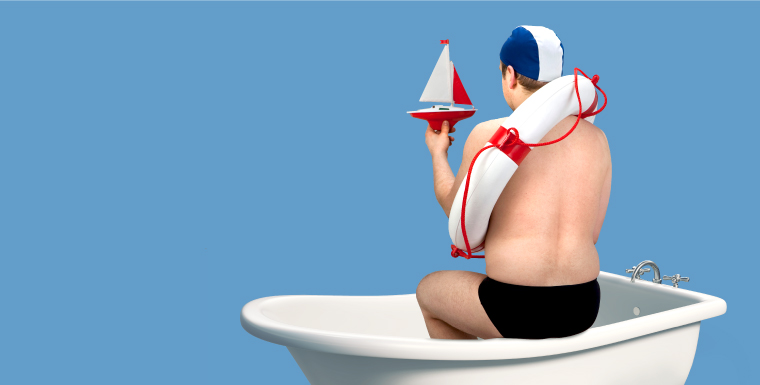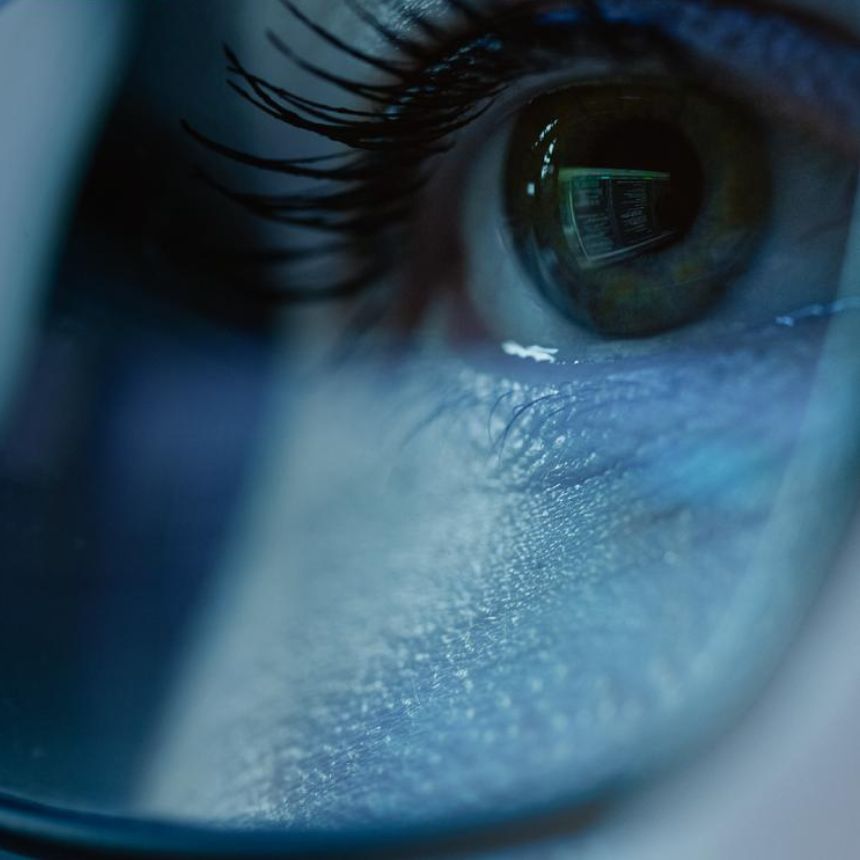Usually at this time of year, the who’s who of creativity and advertising would be descending on the south coast of France. For 2020 however, the coronavirus pandemic has meant that the Cannes Lions festival is postponed until June 21-25, 2021. The decision to postpone this event was inescapable. Certainly, the cornucopia of creativity that would have been courting the coast could well have socially distanced, rosé in hand. But much of what makes Cannes “Cannes” is the social element, with networking at its core.
And so, following in the footsteps of grocery shopping, family gatherings and, yes, advertising, the Lions festival has gone digital. But what would we have experienced were we on the Croisette this year? Let’s explore…
It’s all about brands
Of the festival’s eight content themes, three are specific to brands. Cannes Lions’ organisers rather eloquently state that “amongst the current obsession with clicks and impressions, brand-building and long-term brand health has been neglected.” Corporate responsibility is a key part of this brand-building endeavour. Now we’re not here to say that impressions don’t matter – that would be like the ice cream seller telling you to watch ‘Cowspiracy’. But it’s clear that in today’s society, opinion matters as much as outcomes. And the halfway point of 2020, there’s already a lot to think about.
We believe that Cannes content would likely have focused on brand responses; the good, bad and ugly. Agencies and advertisers would debate how businesses can pivot to a world where consumers immediately look to (read, judge) the response of their favourite brands. We may even be so bold as to compare this scrutiny towards brands, to how we examine our governments.
Back to the Croisette… Instead of brands doing panels and presentations on successful creative and ingenious campaigns, brands this year would be discussing their future. How could they be on the right side of history and go from corporate conglomerate to a considerate cortège. Technologies, such as contextual targeting, offer brands control over where they appear online. With technology on their side, now more than ever, brands should have the confidence to lead on responsible advertising, and be a force for good over the next decade.
Once Upon a Time in ad land
Times have changed and the CEO is no longer the only powerhouse in the boardroom. With CMOs now taking centre stage in business, storytelling is at the forefront of strategic planning.
No longer do people pack out conference halls to hear all about how “Brand A” beat “Brand B” by buying out every billboard in Piccadilly Circus. No, what brings in the crowds now is turning the consumer into a champion for your brand, organically and honestly, without having them on the payroll. It often boils down to the simple algorithm of nostalgia – why do people look back with a smile on their childhood days? Because of how it made them feel, and the stories that bring them to life. Advertising is no different. Brands try to recreate our story… even if that story is to get people to buy ballpoint pens.
Storytelling is the new billboard.
The future isn’t now, but it’s near
We often talk about change, but we never really hear about what shouldn’t change.
Both a curse and glory of our industry is that digital is ever-changing. It means that we can innovate, and then innovate our innovation, and so on and so forth. We hear more about change at Cannes than we do about who met Fatboy Slim at the Spotify party. This year, however, we see the conversation would have revolved around what should remain unchanged, such as:
- Creative agencies – is in-housing the Achilles’ heel of our future?
- Tech or talent – as computers get more intuitive, should we invest in machines over minds?
- OOH – with foolproof measurement still unattainable, where does its future lie? With CTV on the rise, how much longer will the aforementioned Piccadilly Circus billboards be a holy grail for advertising?
These are all questions to be answered not by one person, but as a collective that, despite the current climate, are continuing to come together (online). Although “I think you’re on mute” has become the new “let’s grab lunch”, we can still ask these questions. A yacht is not necessary in order to discuss them. But it does make it an awful lot more fun.
Just because we “No Cannes Do” this year, doesn’t mean we can’t still set an example and talk about change, innovation and the future. It’s as important as ever that the digital advertising industry flourishes under tough circumstances. So, in absence of the Croisette, grab a rosé, and facilitate your own no-contact Cannes.
See you on the Riviera in 2021.
Check out our key highlights from Cannes Lions 2019, last year:
 Share on LinkedIn
Share on LinkedIn Share on X
Share on X


